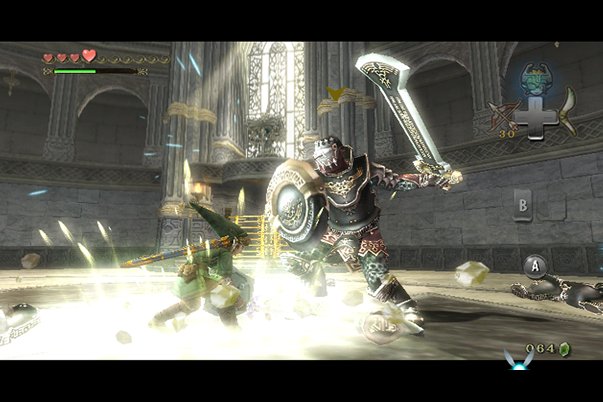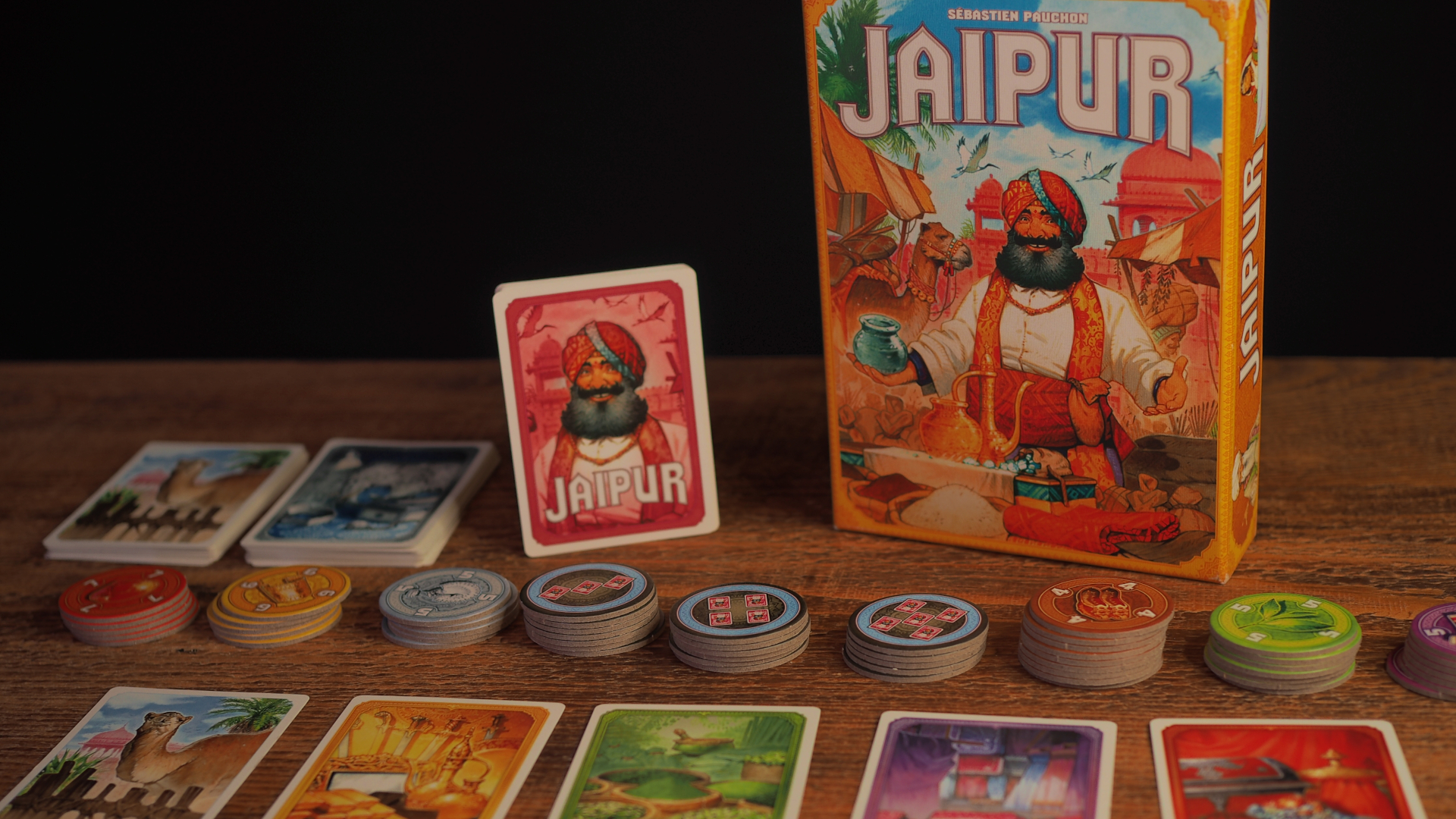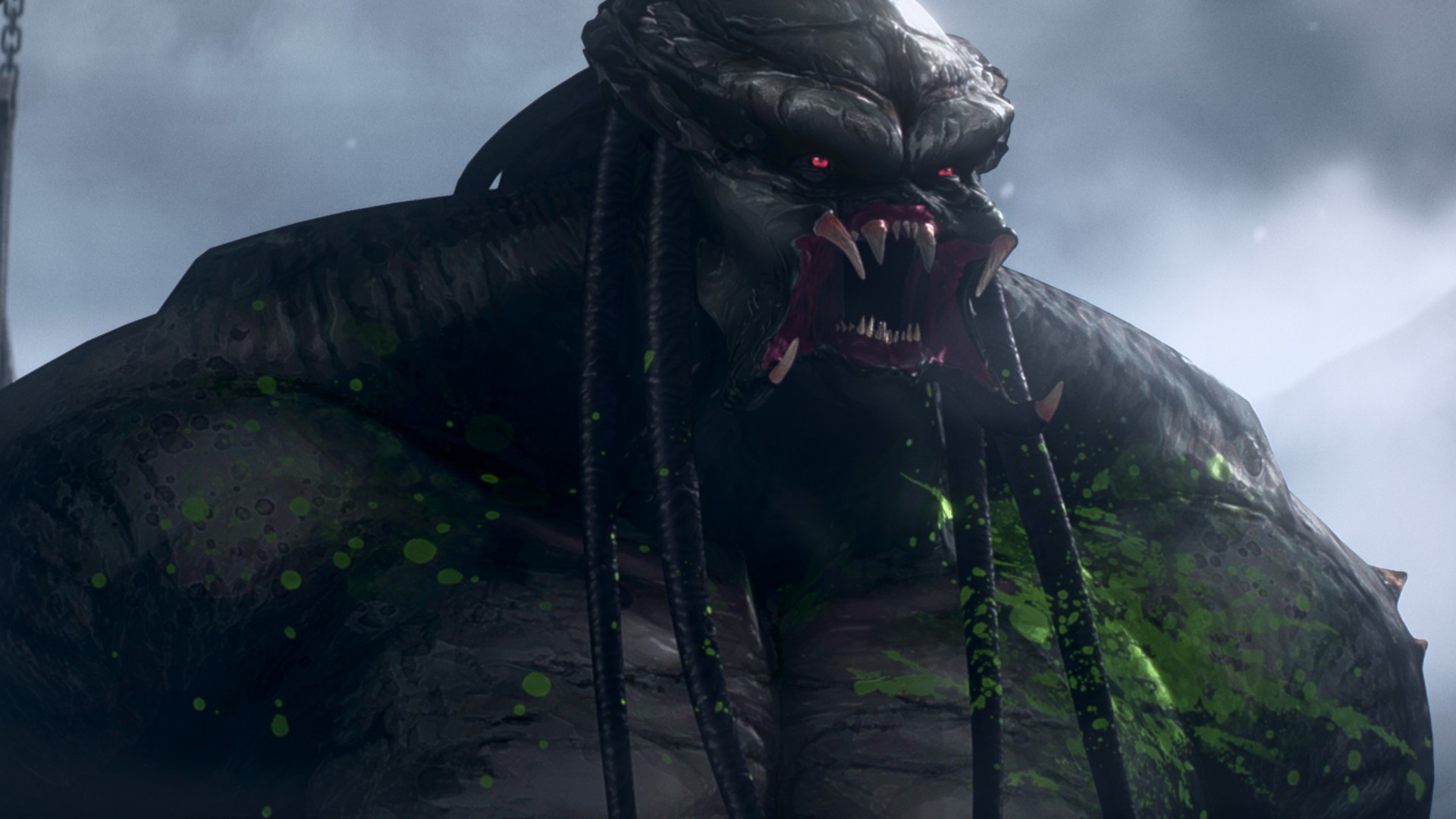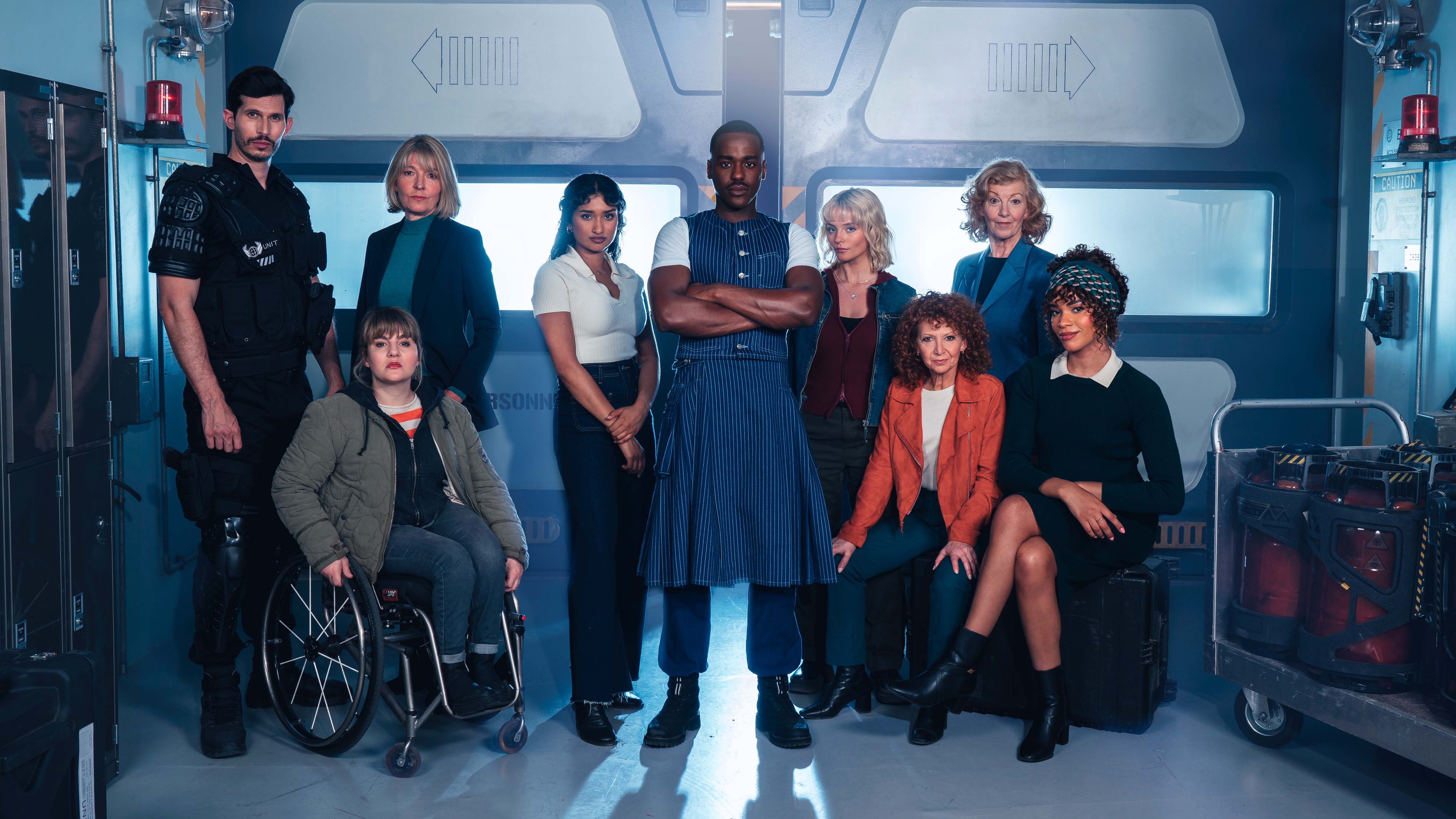Is that it?
Do gamers still want 60-hour epics?✱ Or do good things really come in smal🌱l packages?
How long sho💎uld a game be? It's an impossible conundrum, like asking the length of the proverbial string. But therein lies our💖 problem; we keep hearing sob stories from developers who claim their publisher overlords, blinded by statistics and spreadsheets, force them to implement extra modes and levels to artificially inflate a game's length. Worse still, this attitude seems to have filtered down to many gamers, who feel short-changed if their newest acquisition isn't large enough to span three time zones.

Above: The Legend of Zelda: Twilight Princess
The root cause is obvious - games cost a heck of a lot more than CDs or films. Hence, consumers are right to expect value for money from their games - the problem is determining what that means, exactly. So when Shigeru Miyamoto comes out to reiterate his - and in his eyes, your - desire for shorter games, as he did by claiming "there are fewer people who are interested in playing a big role-playing game like Zelda," it's only natural that it furrowꦫs the br🧸ow of disconcerted gamers who can only see game prices going up, up and away. But the thing is, Miyamoto is dead on - it's just that his message is muddled.
The problem "epic" titles such as Zelda have is with pacing. It's not that people don't want to play Zelda; it's that they don't want to play Zelda for a second time. Only the strongest of RPG storylines merit a second play-through (we're looking at select Final Fantasy titles here), and even then, it's a small proportion of the fan base than can bring themselves to do it. For most people, the prospect of starting up a second Golden Sun save file is enou🉐gh to bring ﷽them out in a cold sweat.
Sign up to the GamesRadar+ Newsletter
Weekly digests, tal𝔍es from the communities you love, and more


